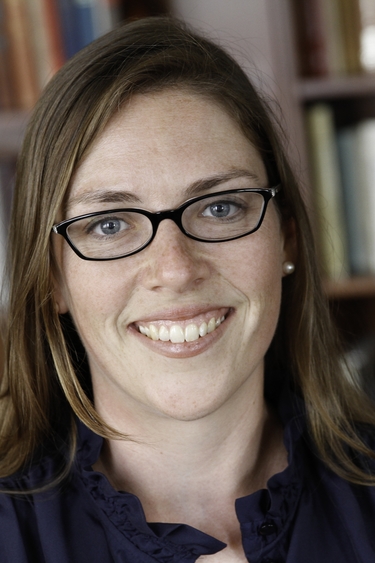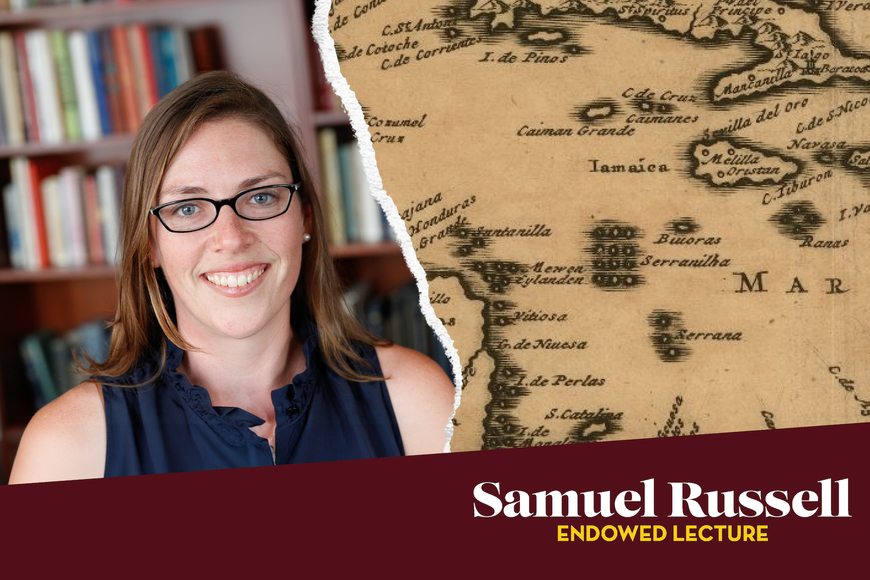Damma’s World: Translation, Religion, and Politics in the 18th century Atlantic World
117 Pleasant St SE
Minneapolis,
MN
55455
The 2024 Samuel Russell Endowed Chair Lecture will feature a talk by Professor Katharine Gerbner from the Department of History.
In 1739, a formerly enslaved African woman named Damma composed a letter to the Queen of Denmark on behalf of 50 Black women on the island of St. Thomas. In it, she protested the treatment of Black Christians in the Danish West Indies and offered a narrative of her own journey from West Africa to the Caribbean.
Damma’s letter is written in both Dutch Creole and Damma’s native language of Gbe. The Gbe portion of the letter, however, has never been translated. Professor Gerbner's talk will focus on her current collaborative project to translate Damma’s Gbe words for the first time. Through this project, Prof. Gerbner and her collaborators seek to offer new insight into one African woman’s life story, and into the terms and categories she used to define herself – many of which have since been forgotten.
This event is free and open to the public. Reception to follow.
The Samuel Russell Endowed Chair in the Humanities is made possible through a generous gift from Jim and Teddy Gesell in honor of their fathers.
Featured Speaker

Katharine Gerbner's research explores the religious dimensions of race, authority, and freedom in the early modern Atlantic world. Her book, "Christian Slavery: Conversion and Race in the Protestant Atlantic World" (University of Pennsylvania Press, 2018), shows how debates between slave-owners, black Christians, and missionaries transformed the practice of Protestantism and the language of race in the early modern Atlantic World. Gerbner is currently at work on a few different projects. One, entitled “Constructing Religion, Defining Crime,” examines how some non-European religions – particularly those that were practiced under slavery – have been excluded from the category of religion and criminalized over the past three centuries. A related project investigates the religious and medical practices of enslaved Africans in the Caribbean, paying particular attention to obeah. Gerbner is interested in how Afro-Caribbean ideas about healing, prayer, and worship influenced the construction of European categories such as religion and medicine. She have also been working on an article about Missionaries and Maroons, which takes a micro-historical look at how and why maroon leaders sought to create alliances with Christian missionaries.
